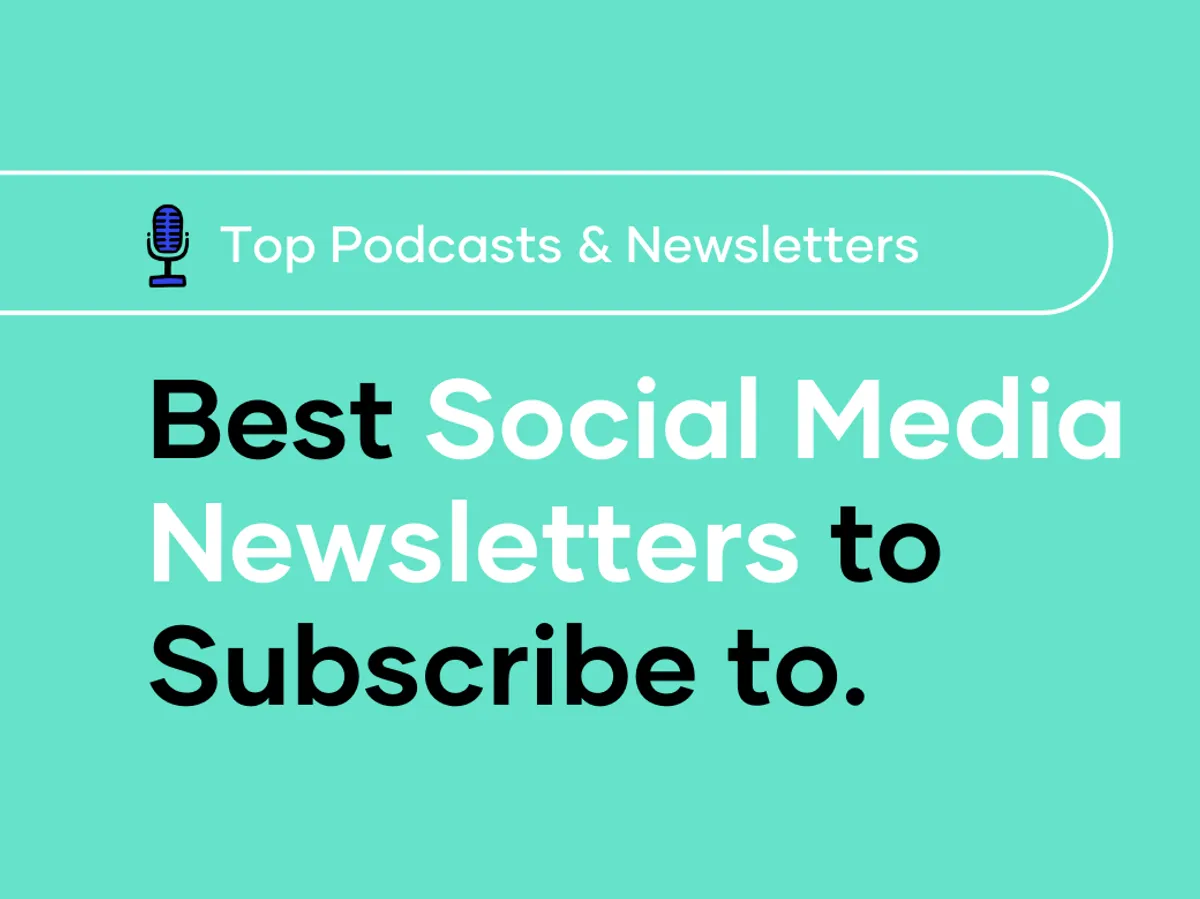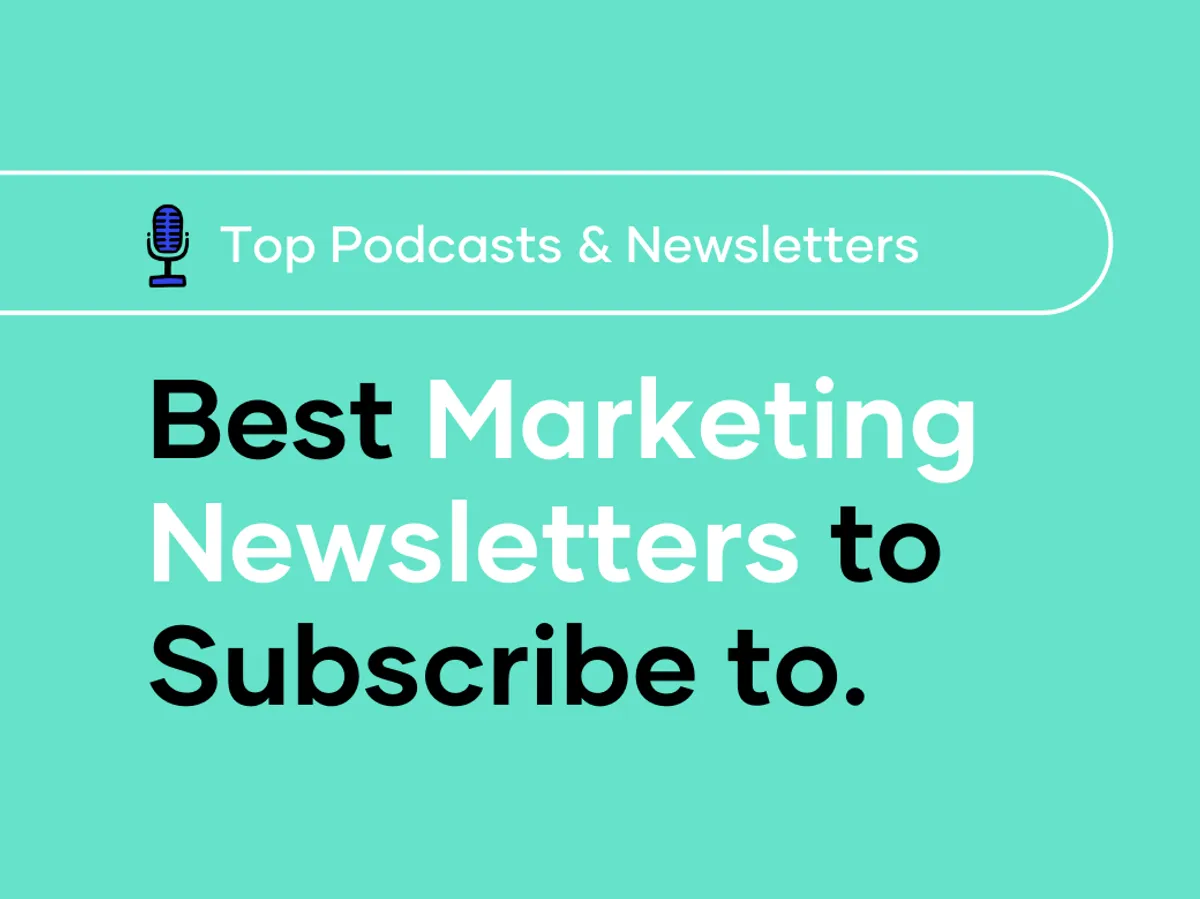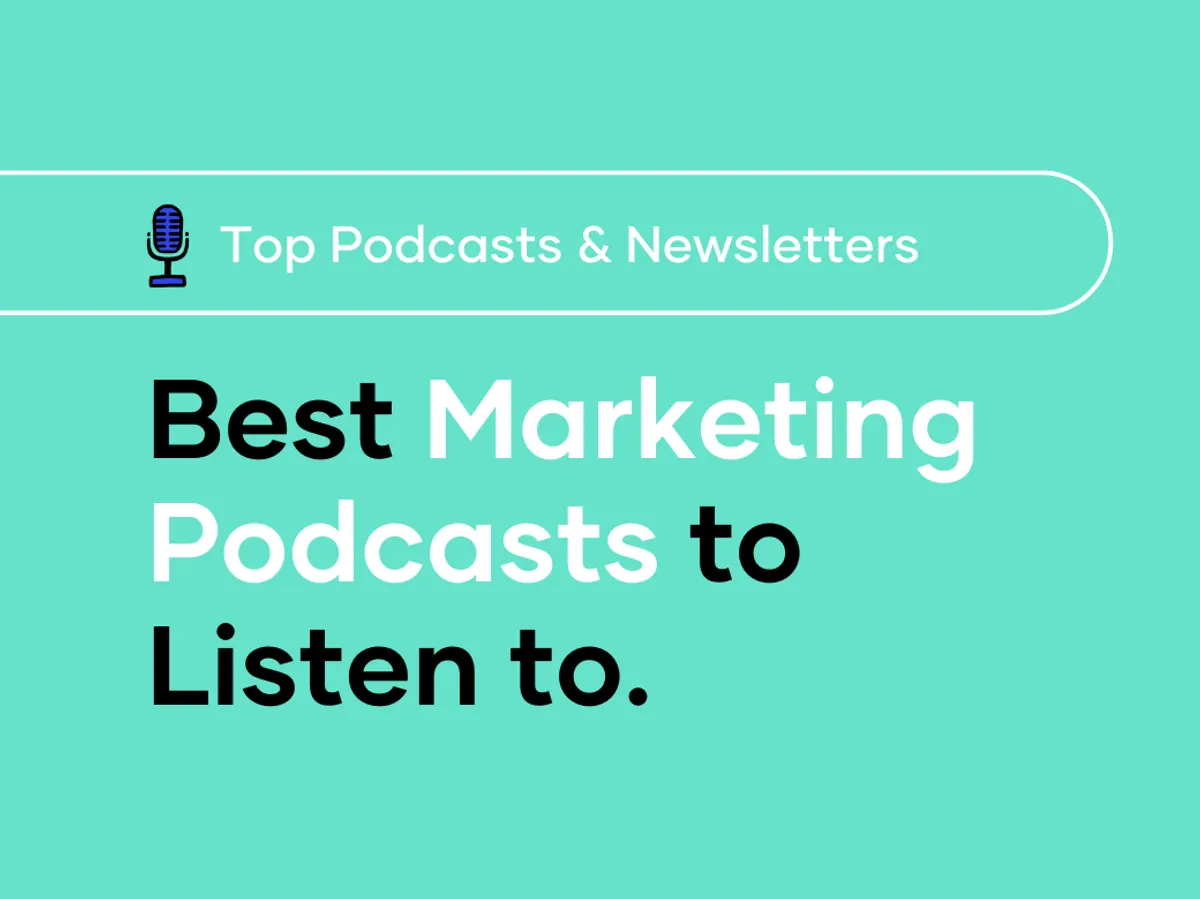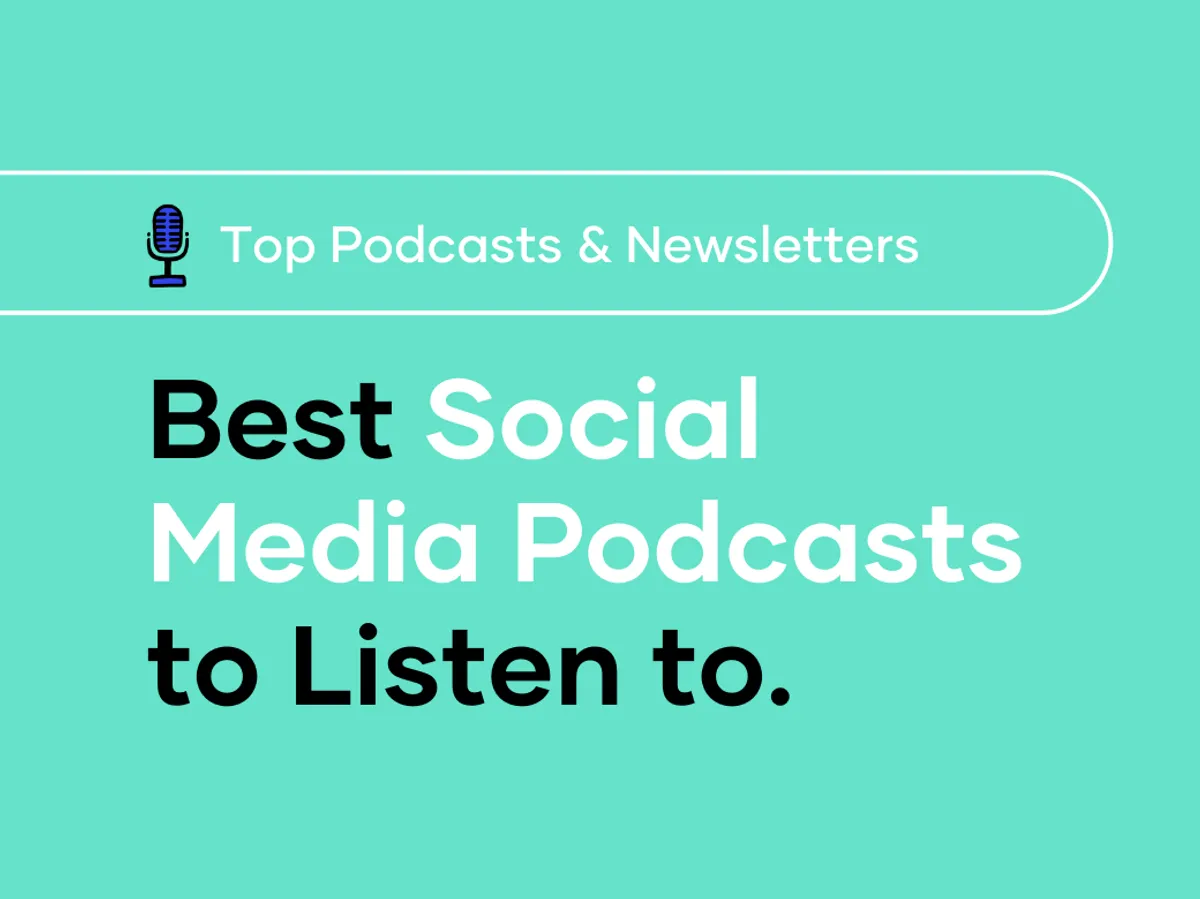The Essential Q4 eCommerce Survival Guide

Contents
Ah Q4 - the final hurdle of the year, and the biggest.
Holidays and events like Black Friday, Cyber Monday, and the run-up to Christmas is the period every brand needs to make the most of.
With so many upcoming holidays to prepare for, Q4 is difficult to navigate successfully and can brutally test your eCommerce strategy to the max.
Data shows that Black Friday is one of the largest, if not the largest shopping day of the year -with Black Friday spending reaching an estimated 8.57 billion in the UK last year. So preparation is key.
But it doesn't have to be a constant worry. We at The Social Shepherd want to make sure your eCommerce marketing plan is successful and stress-free.
As an eCommerce marketing agency, we know all too well the difficulties and challenges waiting for us this year, from customer service to conversion rates. So we've made a handy guide to get you through Q4 and Black Friday in comfort.
Below, you'll find essential tips for boosting budgets, increasing engagement, and driving online sales. So what are you waiting for? Get stuck in and learn how to optimise your eCommerce strategy to it's full potential
Stay up to date
Tip #1 - Pay Attention To Your Calendar
First thing's first. In Q4, your calendar is more than essential - it's your best friend. Studies show that 57% of retailers see an increase in sales in this quarter every year, so it's time to act fast to make the most of it to avoid any last minute disasters.
Q4 is absolutely packed with events and holidays that you should use to grab customers and boost online sales. Events like Black Friday and Cyber Monday can't be ignored, while the Christmas holiday season keeps the sales incoming until the very end of the year.
It's essential to understand exactly when these holidays are. A well-organised marketing calendar can be your greatest asset in knowing when to roll out new campaigns and messaging to customers, either through social media or landing pages.
By being aware of what events are upcoming, retailers can run campaigns and effective messaging relevant to each holiday in advance, ensuring optimal engagement with customers.
Below is a list of common holidays in 2020 every eCommerce marketer should be aware of:
- October 31st - Halloween. Use this time to get spooky with campaigns for optimal engagement, Just as Marks and Spencer did last year on their Instagram.

- November 27th - Black Friday. Possibly the biggest day of the year, is packed with large deals and discount, resulting in a huge increase in online sales.
- November 30th - Cyber Monday. The day where many consumers flock online in search of deals. Data shows that in recent years, this holiday was larger than Black Friday, possibly due to the ease of online shopping compared to the crowded shops, or that retailers will often hold larger discounts and deals on this day.
- December 5th - Small business day. Here's a chance for small businesses to engage with customers, celebrating individuality, independence, and local spirit.
- December 15th - Free Shipping Day. This day sees both large and small retailers offer free shipping on products, leading to another great boost in online sales. Free shipping is the largest reason why customers abandon their cart, so it's no wonder that Free Shipping Day is extremely popular.
- December 24th/25th/26th - Christmas Eve / Christmas Day / Boxing Day. There's no need to explain what this one is. The Everest of holidays sees customers rushing to retailers every year. To avoid the last-minute panic it's essential to be prepared for the holiday season well in advance.
- December 31st - New Year's Eve. The last major holiday of the year, this is a time for many retailers to push campaigns focussed around parties. It will be interesting to see how this differs in 2020 with the ongoing lockdown measures preventing gatherings from happening.
Having a clear and organised marketing calendar can ensure that you smoothly run campaigns on social media relevant to each major holiday, driving engagement and optimising sales.
It's also important to consider how the calendar affects customer messaging, as the way in which you talk to customers should change to reflect the specific holiday you are focussed on.
Not paying attention to customer messaging and your calendar can be disastrous, as you can quickly lose engagement, potential conversions, and potential sales.
Tip #2 - Distribute Your Social Ad Budget Carefully
Just as it's important to keep an ongoing schedule of holiday-relevant campaigns, it's also important to consider how you distribute your Social Ad budget throughout not just Black Friday and Cyber Monday, but the entire Q4 period as well.
As an eCommerce Marketing Agency, we have designed a key strategy here specifically for distributing your social ad budget on the lead-up to Black Friday.
If managed successfully, distributing your social ad budget carefully can drive more sales than you thought possible. To create an effective paid social strategy, you need to buy your traffic well in advance.
Look at the best social, search, display platforms to buy media for your brand (Google Analytics is your friend here), as well as when you can get the best deal, to meet the largest number of prospective customers.
The week before Black Friday, we recommend distributing your Social Ad budget on a 90/10 split, with 90% of your budget focussing on cold traffic. Then, the week before Black Friday, distribute the remaining 10% on re-targeting.
Finally, when Black Friday arrives, switch this to a 50/50 split on cold traffic vs re-targeting.
You want to re-target those who have:
- Visited your site in the past 180 days
- Bought from you in the past 180 days
- Engaged with you on Facebook or Instagram in the past 365 days
- Viewed at least 25% of your video ads or content in the past 180 days
Why do we do this?
It's vital to re-capture everyone who's seen your brand across the past 365 days back into customers, on the days where you'll see the highest conversion rates on your site.
If done right, this strategy can grab you incredible results through Black Friday, Cyber Monday and the holiday season whilst securing the highest ROAS you've ever seen before.
Tip #3 - Diversify Your Traffic Sources
Having a wide range of social media traffic sources outside of Facebook can have an incredible effect on your brand, from increasing overall revenues, to reaching customers who don't regularly use Facebook.
There are a wide range of traffic sources to choose from for your eCommerce marketing plan!
But where do we suggest looking to expand to after Facebook and Instagram?
Pinterest, Snapchat, YouTube & TikTok.
Snapchat, with 229 million daily active users reported in Q1 2020. Although not as popular as YouTube or Instagram, it has a much cheaper CPM, so so should be worth considering if your target audience uses the platform.
It's important to consider other social media traffic sources besides Facebook for a number of reasons, all of which bring an advantage to your brand.
When retailers solely focus on Facebook and Instagram for their eCommerce strategy, they will occasionally see fluctuations in performance, causing forecasting issues and panic. However, if your eCommerce strategy utilises a larger number of traffic sources, the data will be less prone to rapid fluctuations.
Another great of diversifying your eCommerce traffic sources in the lead-up to Black Friday, Cyber Monday, and the Holiday Season, is that it enables you to find potential new customers who don't regularly use Facebook or Instagram.
Tapping into new audiences like this is almost always worth exploring. Last year, it was estimated that the average customer had an order value of £300 through Black Friday/ Cyber Monday deals.
Another reason for diversifying your traffic sources is that, as social media continues to change, having a wide variety of sources can help future-proof your business. Just as investors need a wide and diverse portfolio, so too does your eCommerce marketing plan need a wide and diverse selection of traffic sources.
Tip #4 - Prepare Your Video Creatives
Video content is an important tool in any eCommerce marketing strategy, with data from 62% of customers interviewed revealing that they watch product reviews before making a purchase, and new data suggesting that authentic videos boost customers' trust in a brand.
Video content should be deployed by retailers in the lead up to Black Friday and Cyber Monday. When used properly, video content can boost conversion rates and drive sales.
It's important then to know how to optimise your video content to it's full potential ready in time for Black Friday.
One easy-to-use formula is the AIDA approach, a useful tool to use when creating any video content.
A - Attention
I - Interest
D - Desire
A - Action
To begin with, you need to grab the customer's attention with a catchy headline. If the customer isn't reeled in by the 5 second mark, there's a very high possibility that they will bounce, so it's essential to grab their attention early on and keep it.
However, just because you have the customer's attention doesn't mean you're guaranteed to keep it. That's where the next step comes in. Interest. To do this, you need to engage with the viewer, either through relatable anecdotes, fascinating them, or through otherwise creating a connection.
So, you now have the viewer's interest. But now what? How do we convert this into sales?
To convert the viewer into a potential customer you want to make them desire the product you're selling. Explain to the viewer why they need the product, and show them all the benefits related to the product.
Then there's the last step, action, tell the customer what to do. Do they need to visit a specific website? If so, where do they go? How can they get there?
You want to ensure that this step is as easy and concise as possible, to ensure that the viewer follows the call-to-action and doesn't get confused in the process.
Remember, the optimum length that we've found for video ads, on average, to hold a viewer’s attention is around the 30 - 45 second mark. So you need to be mindful of this, or risk viewers bouncing from the video.
It is also important to note that recent studies found that Facebook users watch 85% of video's without sound. One way to navigate this is with the inclusion of eye-catching subtitles, which will ensure that customer's can understand the video while not detracting from their preferred experience.
If done well, video content has the ability to contribute greatly to your Black Friday eCommerce store and strategy, but there are a some challenges to be aware of. If your video isn't attention-grabbing right away, there is a high probability that the viewer will bounce.
Tip #5 - Make Your Conversion Rate Changes Now Before It's Too Late
Another key strategy that is an essential part of any eCommerce plan in the lead up to Black Friday and Cyber Monday is making your conversion rate changes now before it's too late.
One of the greatest challenges facing eCommerce marketing strategies is managing conversion rates (the number of visitors to your website that complete a desired goal) and so it's important to make these changes now before Black Friday is on us and you have less than an optimal website.
But how exactly do you optimise your conversion rates? Well, here are a few strategies to get you started.
Set up email abandon cart campaigns
We all know that abandoned carts are a huge loss of revenue if you don't recover them into customers. Sending a sequence of emails can help reintroduce them to your store and get them converted into sales - exactly what we're looking for with Black Friday and the holiday season approaching.
When setting up retargeting emails, there are many strategies you can employ, each with their own advantages and disadvantages. From reeling customers back with deals to appealing to their sense of FOMO (fear of missing out). These campaigns are ideal as you simply need a verified email address to send out tailored emails and keep consumers hooked through the holiday season.
One idea is to send deals that consumers can use on item's they've abandoned - increasing conversion rates and brand image.

Retargeting emails have two main advantages. They help convert abandoned carts back into sales with ease using a simple email address and can boost brand image and engagement in the process.
Talking to those who have abandoned their carts through customer service is also a valuable solution, as any key trends and issues may be identified and eradicated. This ensures a smooth experience through Black Friday and the holiday season.
Sort out your site's loading speed
Here's an interesting statistic for you:
If a web page takes 10 seconds to load, the probability that a potential customer will bounce increases from 0-135%
Site loading speeds can make visitors bounce after two seconds. That's why you must ensure your eCommerce platform runs smoothly and quickly. Perhaps you need to rethink a few elements on your page, or slightly downgrade image quality for the sake of speed.
When considering page loading speed, the key is all in balance. You don't want to downgrade your image quality too much, but you also don't want your page to take forever to load.
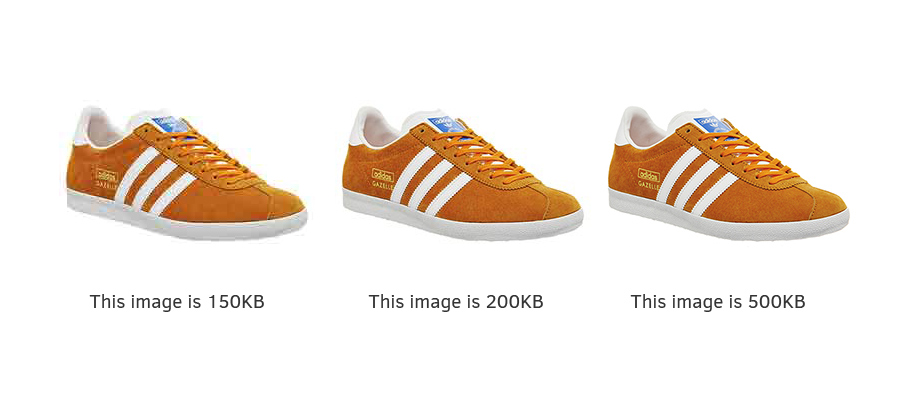
Look at where you could possibly optimise your page's loading speed to avoid losing potential sales.
Make your checkout experience smooth
Consumers will abandon a cart over an overly complex checkout process - it's one of the greatest reasons for cart abandonment (besides shipping costs).
By ensuring that your checkout process is smooth and easy to navigate, retailers can convert those would-be-abandons into valuable sales during Black Friday with all its deals, as well as the late December holiday season.
If you're interested in more ways to quickly boost your conversion rates and drive sales, why not read our blog post from last year about it here?
From setting up email re-targeting campaigns to monitoring and simplifying your checkout process, there are many ways in which you can optimise conversion rates, which will give your sales a boost during Black Friday and the holiday season!
The Roundup
With Black Friday and the holiday season just around the corner, and with the prospect of many deals driving customers to retailers worldwide, it's more important than ever to take a good look at your eCommerce strategy, and ask if it's optimised to its full potential.
We've already seen data suggesting that Black Friday is the largest shopping holiday of the year, and so by taking steps to ensure your eCommerce strategy is being used to its full advantage, it's possible to boost conversion rates, increase engagement, and drive sales through the holiday season.
So what have we learnt?
Your calendar is your best friend.
With holiday after holiday in Q4, it's vital to schedule your marketing content and messaging carefully, adjusting the theme and tone to reflect the next upcoming holiday, from Halloween to Free Shipping Day.
Manage your paid social ad budget carefully in advance.
By negotiating how you split the ad budget between cold traffic and re-targeting, you can gain new audiences and boost sales for less.
Diversify your traffic sources.
There are a lot of advantages to diversifying where your traffic comes from - from finding new audiences to future-proofing your brand's marketing strategy.
It's time to prepare a video content strategy.
As video content is one of the most effective pieces of marketing content, it's important to introduce it into your plan if you haven't already.
With the holiday season just around the corner, and people hungry for deals, now is the perfect time to showcase just why your product is best, following the simple AIDA formula.
Make your conversion rate changes now.
Making your conversion rate changes before it's too late can make the difference between Q4 being a great success or an abysmal failure.
If your site is attracting visitors but not securing sales, consider analysing where you can make conversion rate changes, such as setting up email re-targeting plans and streamlining the checkout process.
By following these simple steps, you can ensure that your eCommerce strategy is fully prepared to tackle Black Friday, Cyber Monday, and the holiday season. For more information, why not read our blogs on making conversion rate changes to great effect or managing your paid social ad budget during Black Friday?

You might also like
Don’t be sheepish
let’s talk

